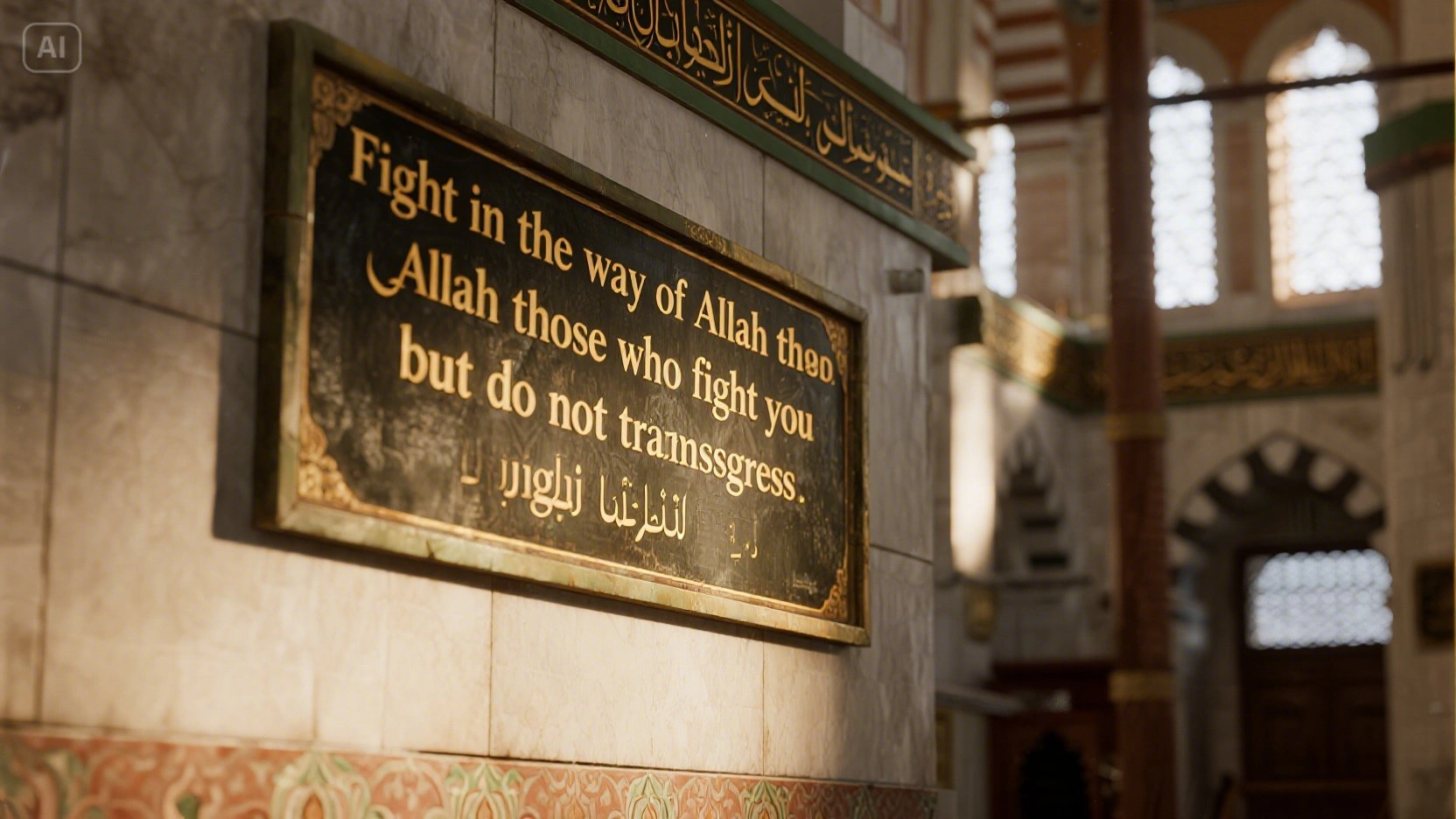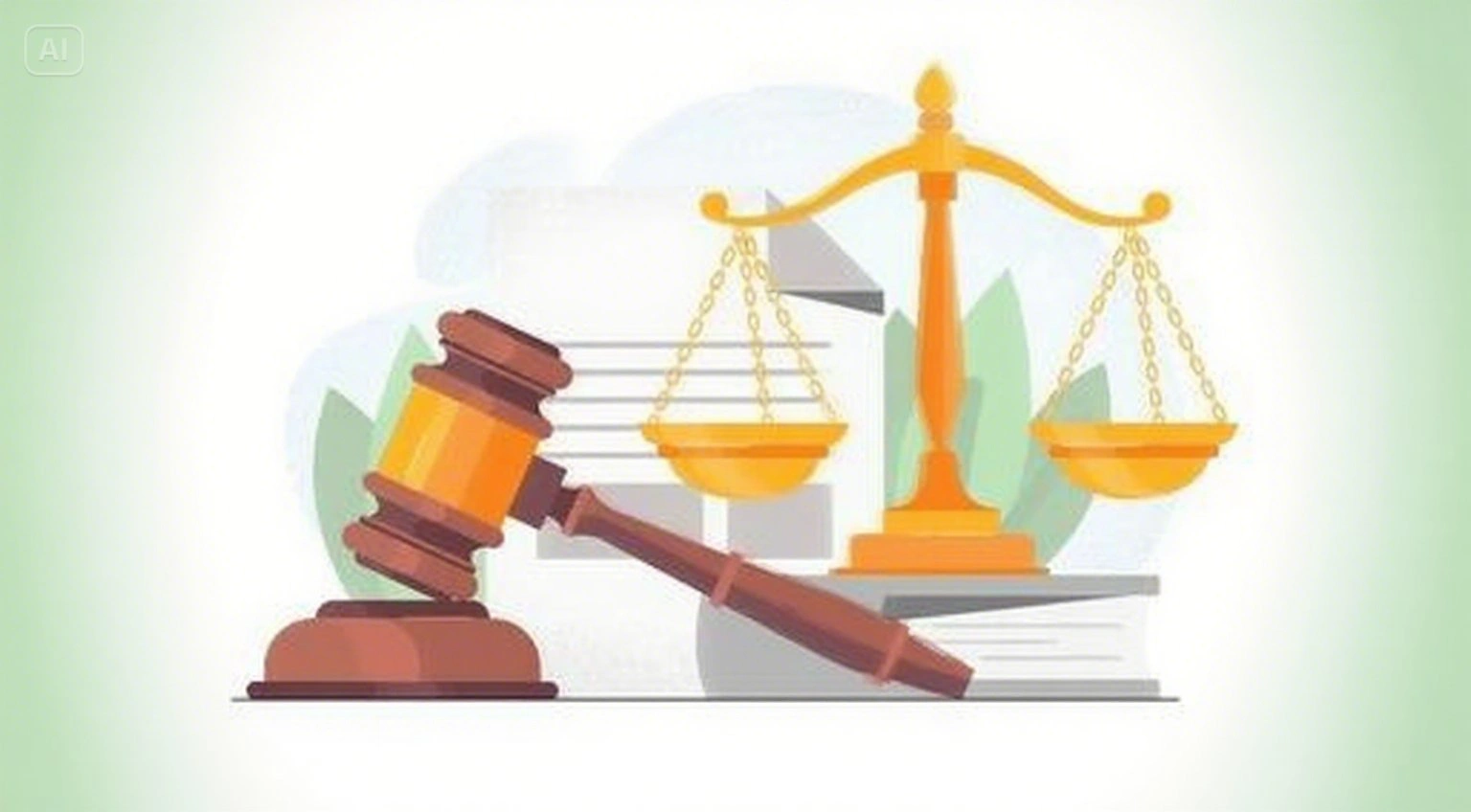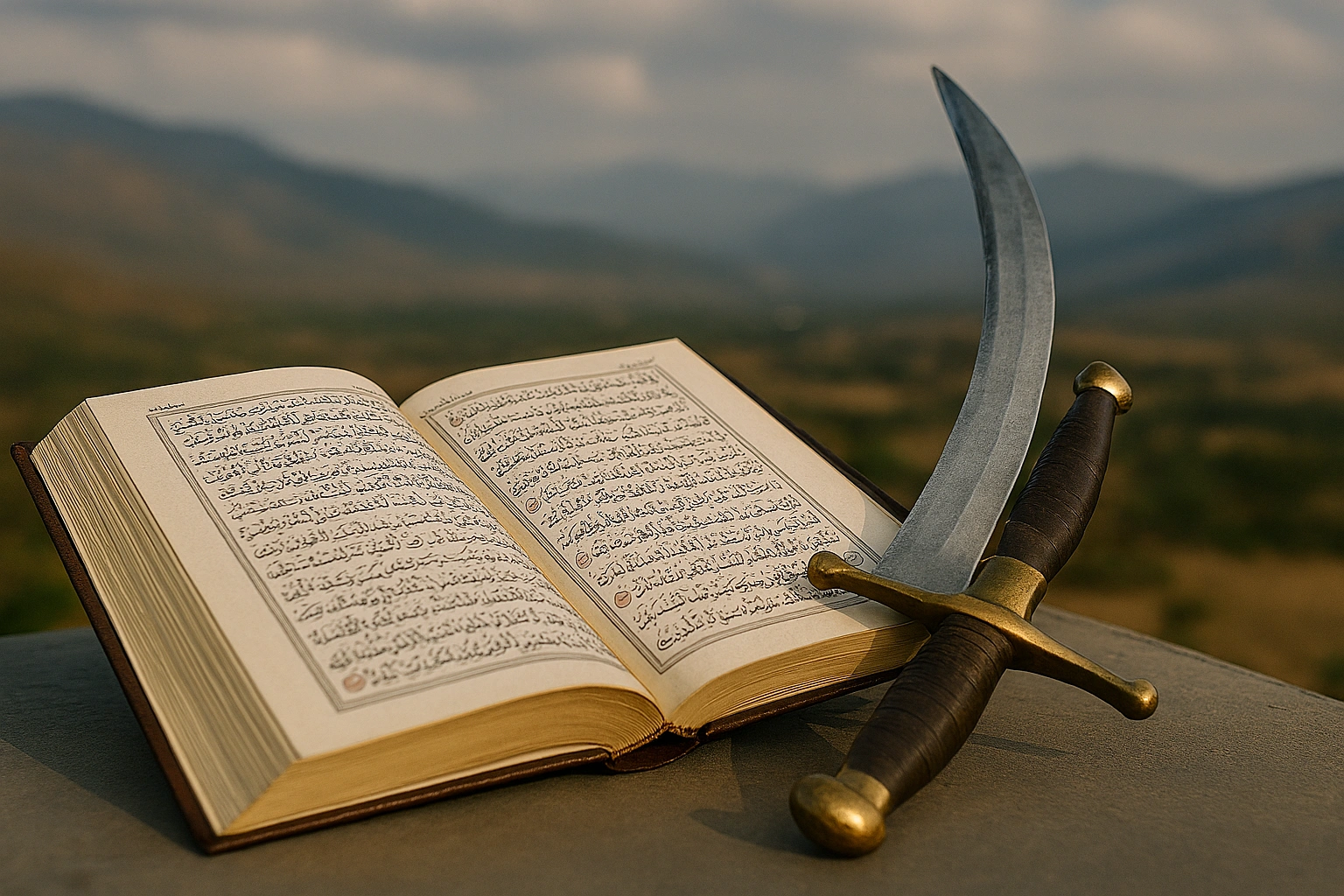The Quran and the traditional Islamic jurisprudence help as the foundation for concept of Jihad, which is often misjudged and misapplied. Jihad is defined as the controlled struggle or endeavor in Allah’s way that is inhibited by standards and the law. However, Jihad’s fundamental theological and moral foundations has been contort by extremist organizations, who have used this to defend political violence and terrorism. As the Quran commands,
Fight in the way of Allah those who fight you but do not transgress. Indeed, Allah does not like transgressors. (Surah Baqra 2:190).
To combat extremist distortions and reaffirm the importance of moral restraint and legitimate authority in warfare, this article will analyze Jihad and examine its true theological, ethical, and jurisprudential nature.

Unpacking Jihad: Exploring its Authentic Meaning in Islam
Jihad is essentially defined by traditional Islamic jurisprudence as a defensive conflict waged to shield the Muslim community from oppression and violence. It is not an individual licence for violence, but rather a collective responsibility (fard al-kifaya). Conflict is strictly regulated by the traditional principle, which places the strong prominence on justice, proportion, and protection of non-combatants women, children, and innocents are specifically protected.
The appropriate Islamic ruler or state has the only right to declare Jihad, emphasizing the fact that fighting is the state sanctioned last option rather than the arbitrary or vigilante act in the Islam.
The moral boundary, which split up Jihad from malicious violence, personifies its inherent limitation and ethical goal. Additionally, the Prophet Muhammad (SAW) fought mostly defensive wars that was upheld moral principles and treaties rather than converting people.
How Violent Groups Distort Jihad for Political Ends?
Existing extremist groups, who use it to rationalize political violence and terrorism, misuse the holy idea of a Jihad. These organizations frequently disregard traditional legal requirements like civilian protection, legitimate leadership, and proportionality. Somewhat, they assert a binary worldview believer versus rivals and use the religious pomposity to defend crimes like sectarian violence and attacks on the innocent people.
This dishonesty goes so far as to proclaim Jihad without a unified authority, enabling the individuals or groups to act opposing to international norms or values and Islamic law. The result negotiate both theological honesty and international security by generating the perilous confusion between faith and political aggressiveness.
Extremist organizations have pursued to recruit followers and disguise political programs under the pretense of the religious duty by showing their fight as divinely instructed.
Such use of Jihad not only disobeys Islamic morality but also feeds violent and distrusting cycles around world.
Reclaiming the Narrative, Challenging Misinterpretations
Improving the narrative of Jihad from its extremist falsehoods is necessary to resolve the widely spread misunderstandings. It is essential to recognize that even some of the religious leaders have rarely added to the confusion by neglecting to make the clear difference between illegitimate violence and the legitimate defensive struggle.
Jihad is neither an unjustified offensive war of expansion nor a permit for terrorism, according to legitimate Islamic scholarship. Rather, it is a fair, controlled, and state-mandated conflict motivated by justice and defence. In order to restore this understanding, efforts must address politicized narratives and inform communities about the extensive body of jurisprudential precedent that rigorously restricts the use of force. This includes emphasizing how the definition of Jihad is based on humanitarian ideals like preserving life and dignity.
Power and Peace: Affirming Legitimate Authority and International Law
In accordance with both traditional Islamic law and modern international law, force is the state’s only right in Islam. Unlawful violence and criminal activity are mismatched with Islamic values and threaten peace and order. Usually, the authority to declare and carry out the responsibly of Jihad rests with Muslim ruler (Caliph or Imam), who makes sure that war obeys with the law. As the defender of justice and order in Muslim-majority nations, legitimate authority should be respected today. By keeping out aggression, monitoring the use of force, and safeguarding civilians, international law will be consistent with Islamic principles. So, the state’s exclusive right to use lawful force is very crucial to maintaining order and discomforting the assertions of self-declared militant organizations that have aim to use violence to enforce their will.

Countering Radicalism: Through Education
It is compulsory to educate people with the genuine Islamic teachings based on justice, moderation, and peace in order to combat radicalism. The real ideology of the Jihad must be clarified and extremist myths dismissed through educational programs run by the respectable religious organizations or institutions and scholars. Linking communities can promote acute thinking about political violence while restoring faith in the mainstream scholarship. Associating these creativities through inclusive dissertation, counter-narrative campaigns, and the policies that discourse the moral and socioeconomic causes of extremism wants international collaboration. Susceptible people can be successfully deradicalized and the peaceful beliefs of Islam will be reaffirmed by elevating moderate voices and outlining the religion’s ethical framework.
Conclusion
Islamic divinity and jurisprudence define jihad as a noble, harshly regulated concept that was concentrated on justice and defensive struggle. Extremist organisations deceive it and jeopardize both the Muslim communities and international peace when they use it for violent conclusions. The Quran’s order to fight only those who fight us and to stay within ethical bounds is still important. It is to re-establish both theological integrity and pragmatic peace structure by dividing Jihad, exposing extremist alterations, recovering real story, and reaffirming states’ autonomous rights and international law. By emphasizing that Islam’s true call is for justice, peace, and the restrained use of force not vigilante violence, continuous scholarly clarification and community education are necessary to combat radicalism.
Disclaimer: The views and opinions expressed in this article are exclusively those of the author and do not reflect the official stance, policies, or perspectives of the Platform.







